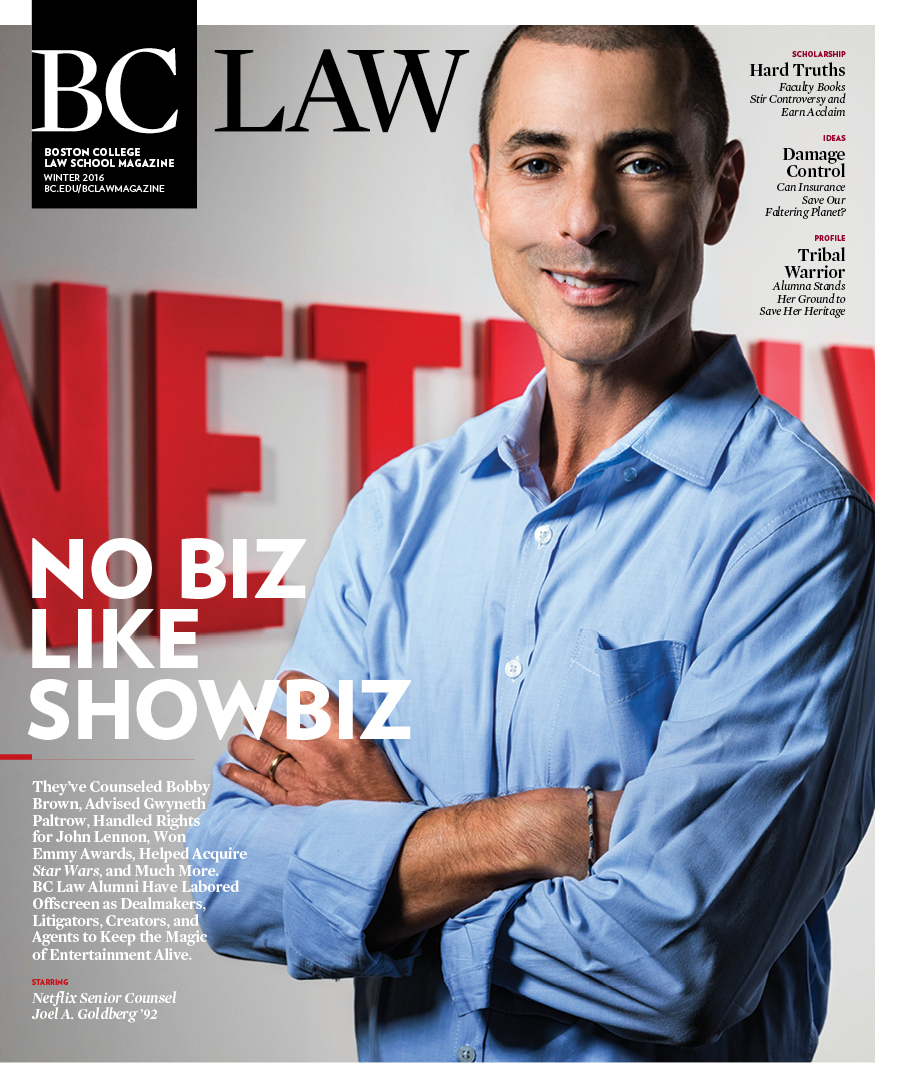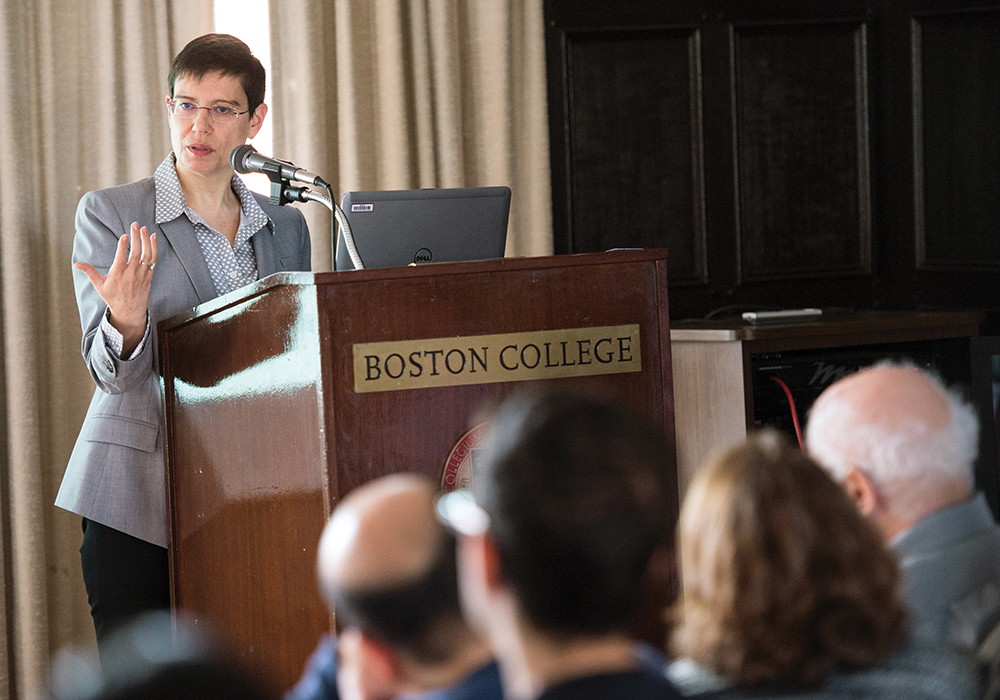Globalization has not been kind to migrants, contrary to what many observers thought at the turn of the 21st century. Indeed, said Clough Center lecturer Ayelet Shachar, “we are very far away” from realizing the expectation that borders would dissolve and new paradigms would emerge for the legal, humanitarian, and economically viable flow of migrants around the word. Instead, she observed, the imposed separation of “strangers” and “members” in societies, which has hindered assimilation for centuries, is “back with a vengeance.”
Speaking in November, the Toronto University law professor and director of the Max Planck Institute for the Study of Religious and Ethnic Diversity cited examples of states’ regulatory and policy actions that are hurting healthy migration territorially, culturally, and economically.
In America, for instance, the jurisdiction of frontline immigration personnel now extends 100 miles within US borders such that immigrants stepping foot inside the country don’t receive due process because they’re in a “constitution-free zone,” Shachar said. Canada, for its part, is trying to prevent entry into the county altogether. And in Australia, efforts are under way to expand its existing “excision zone” to encompass the entire country.
Making matters worse are exclusionary policies such as those attempted or practiced in The Netherlands and France, among others, Shachar said. These include requiring aspiring newcomers to pass difficult, pre-entry competency exams or banning head or body coverings worn by Muslim women.
Mix economics into the equation, Shachar continued, and the opposite occurs—nations grant exemptions for a select few: the highly skilled or specially talented, such as star athletes and artists.
This manipulaion of rules pertaining to the dispossessed raises a compelling question, Shachar concluded: “What kind of law are we going to practice?”



